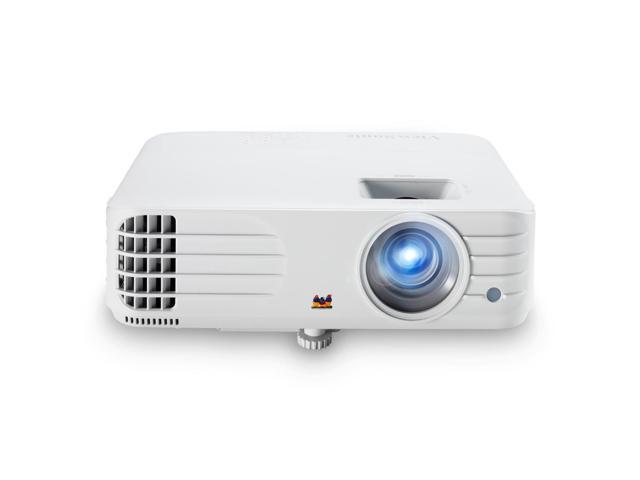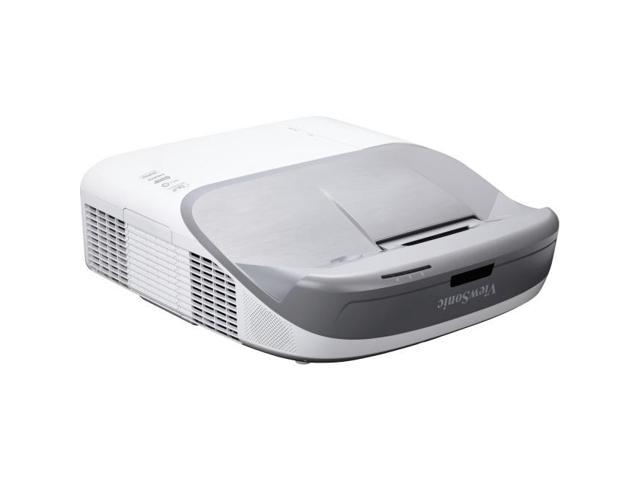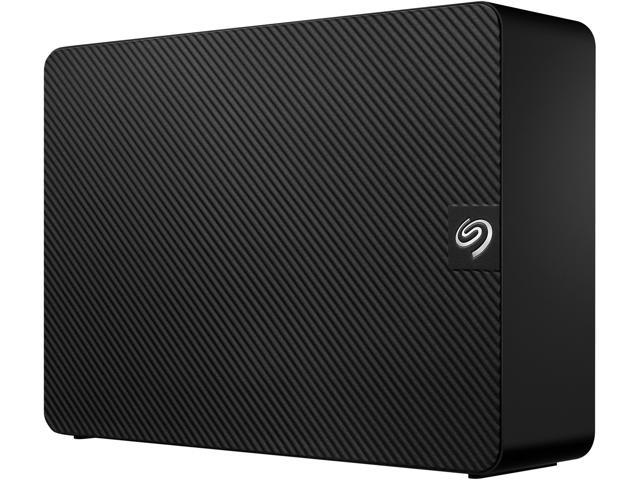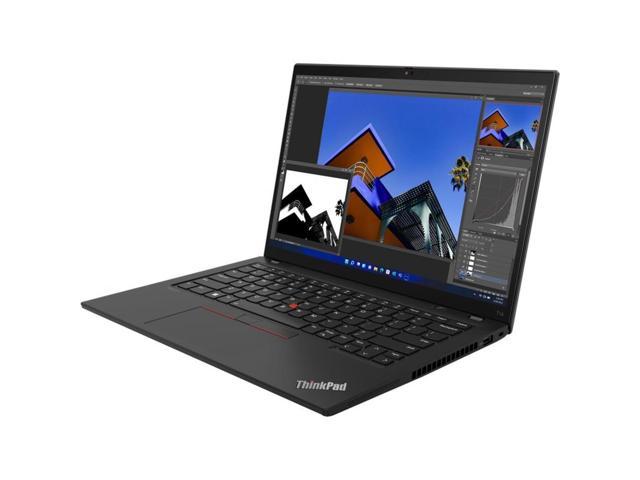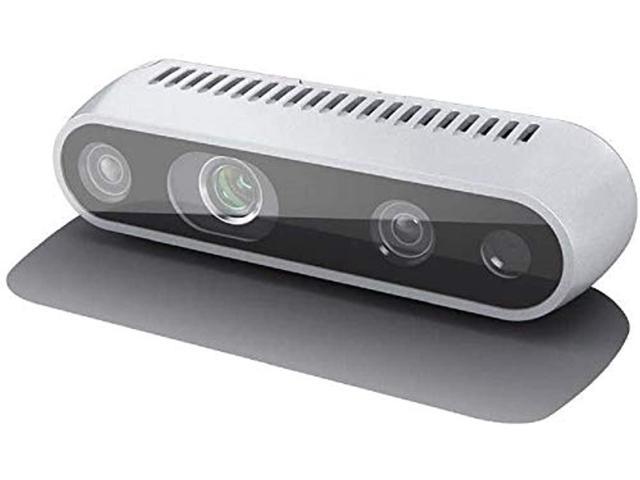Microdisplays are tiny, high-resolution electronic displays, designed for use in magnifying optical systems such as HDTV projectors and near-eye personal viewers. As a result of research and development into this field, Microdisplays are incorporated in a variety of visual electronics, notably new 3G portable communications devices, digital camera technologies, wireless internet applications, portable DVD viewers and wearable PCs.
Introduction to Microdisplays encapsulates this market through describing in detail the theory, structure, fabrication and applications of Microdisplays. In particular this book:
- Provides excellent reference material for the Microdisplay industry through including an overview of current applications alongside a guide to future developments in the field
- Covers all current technologies and devices such as Silicon Wafer Backplane Technology, Liquid Crystal Devices, Micromechanical Devices, and the emerging area of Organic Light Emitting Diodes
- Presents guidance on the design of applications of Microdisplays, including Microdisplays for defence and telecoms, from basic principles through to their performance limitations
Introduction to Microdisplays is a thorough and comprehensive reference on this emerging topic. It is essential reading for display technology manufacturers, developers, and system integrators, as well as practising electrical engineers, physicists, chemists and specialists in the display field. Graduate students, researchers, and developers working in optics, material science, and telecommunications will also find this a valuable resource.
The Society for Information Display (SID) is an international society, which has the aim of encouraging the development of all aspects of the field of information display. Complementary to the aims of the society, the Wiley-SID series is intended to explain the latest developments in information display technology at a professional level. The broad scope of the series addresses all facets of information displays from technical aspects through systems and prototypes to standards and ergonomics





